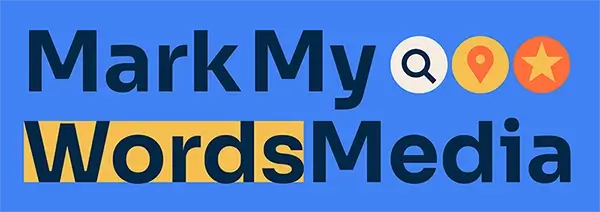What REALLY Happens When You “Google” Something
You search Google using a keyword, phrase, or even a question, and get a series of results, often very relevant to your request.
So how does Google do it? How do they decide what to show, when to show it, and who to show it to?
The Magic Formula For Search Results
First is the actual query.
Google determines your core “search intent” from the specific phrasing of your query. Are you seeking information, a product, or a business location? Google factors your intent, rather than just the words themselves, into the results algorithm.
Then Google considers You as an Individual.
Google considers your request, as well as the information it already knows about you:
- your location
- your age
- your gender
- your device
- your search/browsing history and behavior
- Other assumed + collected data
In order to deliver increasingly personalized, specific results.
Next is the relational factor.
Google compounds the information it knows about you with what it knows about other people like you, possessing similar relevant characteristics, and the knowledge it has gained from studying how they have responded to the results presented to them when making similar queries.
And then there are the results themselves.
Google also considers the relevance and value of each web page or link in the potential pool of content it has to select from to display as your search results.
There are many different indicators, cues, and phrases that websites can use to tell Google what they are all about, from their location to the specific services and products they provide, as well as their reputation within their local or target market.
Google considers both the value of a specific piece of information as well as the complete business profile of the source when determining the best, most relevant results for you.
Your Search Behavior Impacts Future Search Results
Google delivers a series of relevant results, with a specific blend that is unique to every single session and searcher. The choices that you make while Googling will impact the search results that Google will present to others with similar queries in the future.
When you click a search result, Google essentially counts that as an upvote for both that specific listing as well as the broader business profile associated with that result. Every action you take on the website, such as filling out a contact form or visiting other pages, makes it more likely that the result link you clicked will appear again or higher in future similar search results. Selecting a result and then immediately leaving the page without action with have a negative impact, showing Google that the result was not relevant after all.
Does This Mean the End of Marketing & SEO?
With the advent of AI, Google is able to collect, analyze, interpret, and correlate more data than the human mind could even possibly comprehend, leading to greater customization and more targeted results at a vastly accelerated pace. We are already seeing this in the newer fast response and question boxes currently appearing in search results, as well as in location and map listings.
Google learns from choices. It will never completely eliminate options because that is how it continues to gain new insight and information. So while we will continue to see an evolution in the way that information is displayed, ordered, and selected for search results, there will always be room for a few good companies to fight for the top spots.
Need Help? We’re Here!
If you would like to discuss how Mark My Words Media can position your business for optimal placement within search results, let’s talk. We have the knowledge, experience, and resources to get your business seen and noticed.
Looking For A Better Strategy?
Call Mark My Words Media today!
We deliver verified leads through all-inclusive, self-funding marketing campaigns with a proven return on investment.
Want More Business Marketing Tips?
Check out our related articles!
Shopping for Services- A Buyer’s Experience


